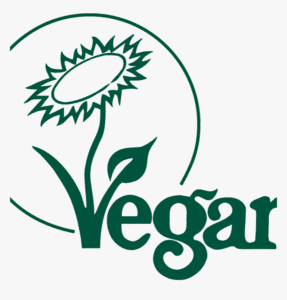
In an era where sustainability and environmental consciousness are increasingly critical to consumers, companies are leveraging IP to innovate, protect, and promote eco-friendly products. This article explores the integral role of IP in advancing the development of sustainable consumer goods and examines how businesses utilise IP rights to progress environmentally responsible practices.
There are three main types of IP which play a role in sustainable innovation:
I. Patents and Technological Advancements
Patents serve to protect innovative advancements. Over recent years there has been a significant increase in the number of patent applications made for biodegradable plastic innovations and renewable energy solutions.
II. Trade Marks and Brand Trust
Green trade marks are trade marks which include a word related to the environment (such as “environmentally friendly”, “sustainable” or “eco”). In the last 10 years, the number of trade marks filed in the UK containing the word “sustainable” has increased by almost three times from proceeding years.
Certification trade marks such as Fair Trade Certified help consumers to identify and trust products that meet certain environmental standards, enhancing brand reputation and consumer loyalty.
III. Trade Secrets and Brand-unique processes
Trade secrets protect brand-unique methods that contribute to sustainability, allowing companies to maintain competitive advantages while contributing to environmental goals. For example, Coca-Cola have been at the forefront of environmental innovation with a number of different campaigns:
How companies leverage IP to promote eco-friendly products
Companies are increasingly using trade marks associated with sustainability not only to differentiate their products in the market, but to also align the brand’s image with eco-friendly values to attract environmentally conscious consumers. Companies such as Tesla and Patagonia have been extremely successful in creating ‘Green Brands’.
In addition, companies are engaging in collaborative innovations and licensing of their green technologies or branding to others to encourage the industry-wide adoption of sustainable practices. For example, The Vegan Society have successfully licensed their logo (below) across a range of sectors for the certification of vegan produce:

Challenges
It follows to consider that alongside the positive role of IP in the development and protection of sustainable and eco-friendly consumers products, there are also challenges which brands and rights holders should consider.
In particular, misleading claims about sustainability can damage brand credibility and, in some cases, lead to legal challenges. Companies must ensure that their use of trade marks and marketing claims are substantiated to avoid accusations of greenwashing, which can erode consumer trust and ultimately could play a part in the downfall of a brand.
Conclusion
IP plays a vital role in the development and promotion of sustainable and eco-friendly consumer goods. By strategically leveraging patents, trademarks, and trade secrets, companies can not only protect their innovations but also drive the market towards more environmentally responsible products. As the consumer demand for sustainability continues to grow in the current climate, the effective use of IP will be key to fostering an eco-friendly future.